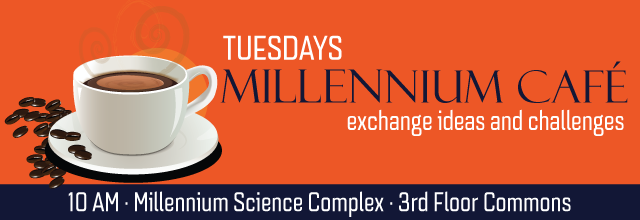
Blackouts are common in college students and are associated with increased alcohol-related harms. Self-report is the most common way to assess college student drinking but becomes less reliable at higher quantities of alcohol consumption. Self-report also does not tell us how students are drinking, which may be important in the prediction of harm. In this talk, I will discuss the use of alcohol biosensors to measure the manner in which students drink to predict the occurrence of alcohol-induced blackouts. I am interested in exploring other novel approaches, including the development of new sensors to address alcohol-related harm reduction.
Speaker: Veronica Richards | Edna Bennett Pierce Prevention Research Center
